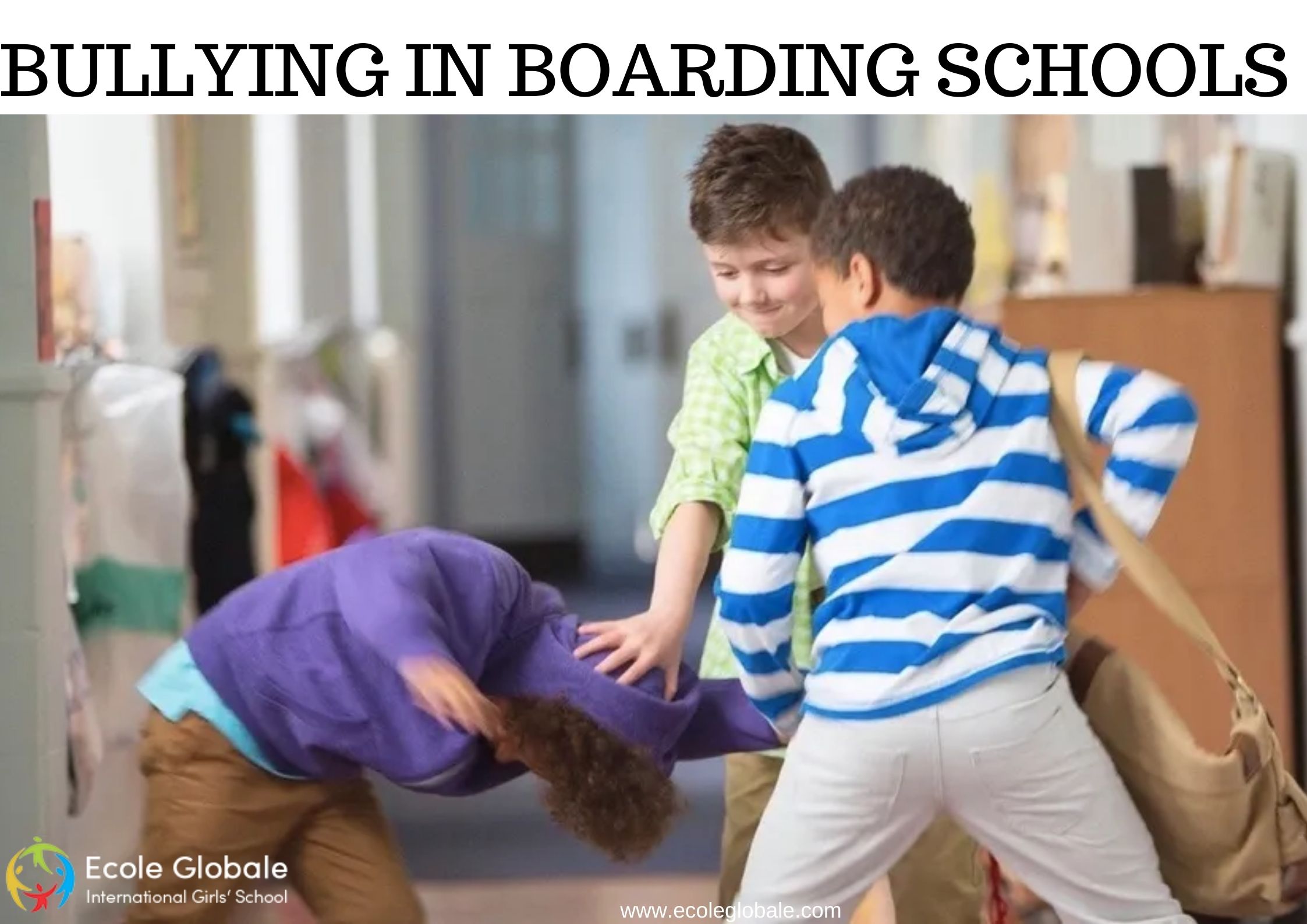BULLYING occurs when a student makes another student feel unsafe, afraid, or unable to engage in class. Bullying is characterised by a power imbalance and might include physical, verbal, or psychological attacks against a pupil. Bullying can also occur through various forms of communication, such as social media. ii
HARASSMENT occurs when statements or acts are so severe, pervasive, or aimed at specific people that they obstruct the student’s capacity to receive an education, considerably hurt their well-being, significantly interfere with their rights, or intimidate the student due to their identity.
Bullying or harassment is especially harmful when kids are bullied because of their race or ethnicity, lineage, colour, ethnic group identification, gender expression, gender identity, gender, handicap, nationality, religion, sexual orientation, age, or affiliation with a person or group.
DO I HAVE A LEGAL RIGHT TO BE FREE OF HARASSMENT AND BULLYING?
YES. You have the right to attend boarding school in an environment that is welcoming to you and your peers. This implies you have the right to be free of bullying and harassment.
Bullying and harassment must be taken seriously in Indian schools, and a bullying action plan must be developed. Bullying or harassment at school is something you have the right to report, and you should. If they witness student harassment, discrimination, intimidation, or bullying, school officials must intervene promptly.
Bullying or harassment based on a student’s colour, race, national origin, gender, gender expression, gender identity, sexual orientation, disability, or religion may be illegal.
Racial slurs, homophobic or transphobic slurs, refusal to recognise a transgender person’s identity, anti-Muslim or immigration statements or comments concerning pupils’ country or ethnicity are examples of bullying or harassment.
IS THERE ANYTHING MY GUARDIAN OR PARENT CAN DO TO ASSIST ME?
YES. Parents and guardians have a vital role in assisting adolescents in recognising and responding to indicators of bullying or harassment. Students who are harassed or bullied, for example, may act differently—their clothes may be damaged, or they may be less engaged in schoolwork. Talk to your parent or guardian about what’s going on at school so that they can assist you in making things better.
Parental or guardian support is really vital. They must ensure that the student realises that the bullying or harassment is not their responsibility. Parents or guardians should also keep a record of all the facts and report them to the school, as well as file a formal complaint with the school district, the Indian General, or the federal Department of Education.
CAN MY INSTRUCTOR OR ANOTHER MEMBER OF THE COMMUNITY ASSIST ME?
YES. Bullying is not the fault of the victim. Students are often afraid, hurt, or ashamed, and they want support to talk about bullying. When students are bullied, they should seek help from individuals they trust, such as their parents, administrators, and other trusted adults or friends. If a student reports being bullied or witnessing bullying to an adult, the adult should document the incident and ask the student if it is okay to transmit the information to a counsellor or administration.
In the classroom, teachers should provide a safe and inclusive environment. This may entail establishing boundaries and rules that benefit all students, as well as reassuring children that it is safe to express their opinions and feelings. Restorative justice, as well as positive behaviour and intervention supports, are effective conflict-resolution methods.
IF I’M BEING BULLIED OR HARASSED, WHAT SHOULD I DO?
First, discuss the incident with the school’s administration. Ensure that the tale is written down by school officials and request a copy. Inquire about the school’s plan for dealing with the bullying, as well as a timeframe for the following actions. Unless accompanied by a parent, guardian, counsellor, or other supporting adult, you should not speak to police or security officers about being bullied or being suspected of bullying.
Inquire about the school’s anti-bullying rules and grievance procedure. These documents must be available at the school or on the district’s website. Seth’s Law is something you should know about.
You can also register a complaint if the school does not take efforts to fix the situation or if you are uncomfortable speaking with school personnel.
IS THERE ANYTHING I CAN DO IF I SEE SOMEONE BULLYING SOMEONE ELSE?
YES. Speak out for the victimised student and let the bully(s) know that bullying is not acceptable. Demonstrate to the tormented student that they are not alone. You can also try to distract the bully by striking up a conversation with the victimised student or inviting them to accompany you elsewhere.
If you are unsure about stepping in, seek urgent assistance from an adult. Immediately write down what happened and report it to the school. Consider submitting a complaint if the school fails to address the bullying, as outlined below.









